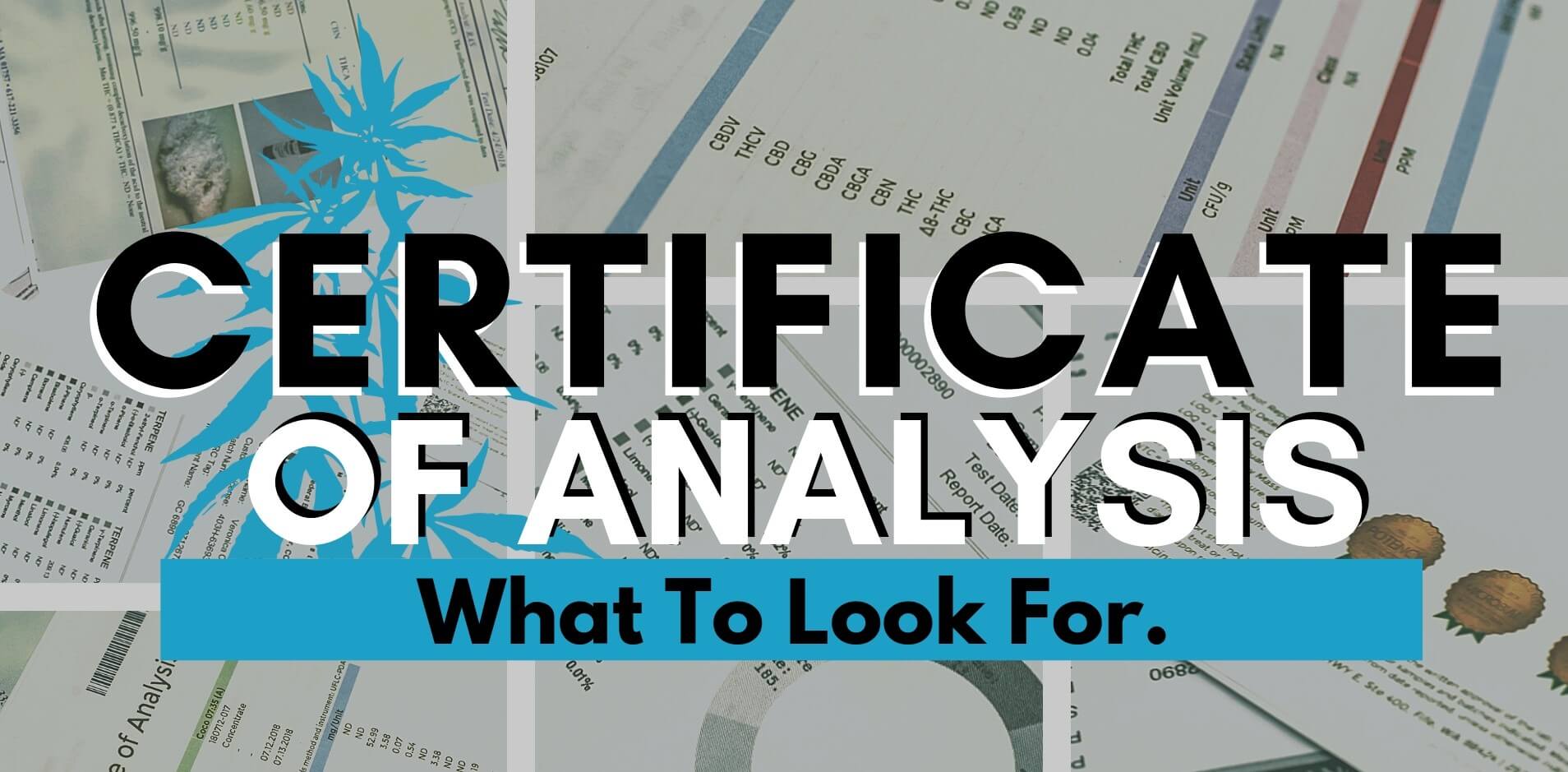
As a buyer and a consumer have you ever thought about how to read the Certificate of Analysis (COA) for any of the CBD product(s) you purchase? At AnytimeFarma we want to highlight how important it is to check and understand the Certificate of Analysis your CBD product of choice carries.
Certificate of Analysis – Explained
A Certificate of Analysis is issued by an authorized laboratory. The COA includes a complete composition of the CBD product being purchased. With respect to a CBD product, a verified COA should contain a complete list of terpenes, cannabinoids, microbiological levels, and the possible presence of solvent residue, heavy metals, or pesticides.
The COA report is critical to identify hemp extract with less than 0.3% permissible limit of THC content by weight of industrial Hemp.
Why is a Certificate of Analysis Required?
Given that CBD products are not currently regulated by the FDA, it can be a challenge to figure out what exactly is in a particular CBD product. There have been instances where some CBD products have been mislabeled. Not only does this negatively impact the company’s reputation, but it can also pose a health hazard to consumers.
Therefore, it is imperative for consumers to carefully go over the COA before purchasing any CBD product.
How to Read a Certificate of Analysis for a CBD Product?
The volumes of information, terminology, and abbreviations used in a certificate of analysis can be overwhelming for the average consumer.
The first aspect is to understand who carried out the certification of analysis. Was the laboratory properly authorized to carry out such an analysis? At AnytimeFarma, we use an independent third-party lab to analyze our products and produce accurate and detailed reports. Our consumers can be sure of getting 100 percent accurate reports on the high-quality CBD products they purchase from AnytimeFarma.
A complete COA should include batch numbers and dates to verify the COA is still valid. The certificate of analysis should align with the description of the product, it should call out the nature of extract viz. Broad Spectrum, Full Spectrum or CBD Isolate, and the potency of the product in question.
Generally, this is called out in 3 main ways –
- Milligrams of CBD in the full product
- Milligrams of CBD per gram of the product
- Milligrams of CBD per milliliter of the product
Some of the common abbreviations used in a CoA include –
- CBC — Analgesic, anti-inflammatory, anti-bacterial, anti-fungal, anti-depressant.
- CBN — Analgesic, antispasmodic, anti-insomnia.
- CBG — Analgesic, anti-inflammatory, bone stimulant, anti-bacterial, anti-parasitic.
- LOD (Limit of Detection), LOQ (Limit of Quantitation), and LOB (Limit of Blank)
The LOD, LOQ, and LOB are terms that are used to specify the minutest concentration of a measure that can be measured and calculated reliably through an established procedure.
What if a CBD Product Does Not Have a Certificate of Analysis?
Any CBD product purchased from a reputable, established manufacturer or brand should always have a verified COA. If there is no COA, it can because there is no transparency into the manufacturing process and the company or brand does not provide any guarantee of a quality product.
If a CBD product is lacking a COA, it is a simple and straightforward decision to walk away. CBD manufacturers and brands that have the consumer’s best interest in mind should not have a problem with disclosing the details of their product through a valid and accurate certificate of analysis.
Disclaimer
CBD products that are derived from Hemp and contain less than the prescribed .3 percent of THC are legal per federal law. However, certain state laws may still deem it illegal.
CBD products that are derived from Marijuana are illegal per federal law but remain legal under the laws of certain states.
It is advisable to check the appropriate state laws in case of travel. It is important to note that over-the-counter CBD products are not approved by the FDA.


